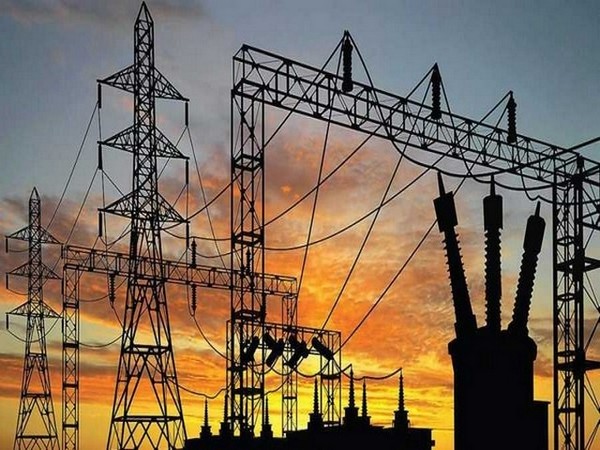
Islamabad: Women and residents of Chota Lahor tehsil of Swabi in Pakistan's Dera Ismail Khan blocked roads against prolonged power loadshedding on Wednesday, Pakistan-based Dawn reported.
Women stormed the local grid station and blocked the road against "cruel" loadshedding, which lasted for over 20 hours a day.
The protesters shouted slogans against Peshawar Electric Supply Company, Khyber Pakhtunkhwa Chief Minister Ali Amin Gandapur and Governor Faisal Karim Kundi, who both belong to Dera Ismail Khan, according to Dawn report.
The women first held a protest outside the Pesco offices and later reached the grid station and blocked the road to traffic there. The protesters said political leaders made claims during the election campaign. However, they did not resolve the electricity problem faced by the people of Dera Ismail Khan after they secured victory.
The protesting women said Ali Amin Gandapur and Faisal Karim's residences received uninterrupted electricity supply from different sources. They added that they would hold such representatives accountable and would not vote for them in the next polls.
The protesting women shouted slogans against the public representatives and called for an immediate reduction in the load-shedding duration. They said that the power loadshedding in the region had reached from 18 to 22 hours, making the people suffer in the hot weather. The protesting women threatened to continue the protest if the loadshedding duration was not reduced.
Meanwhile, the people of Chota Lahore blocked the Swabi-Jahangira Road for several hours to hold demonstrations against prolonged power loadshedding. The protesters reached Jehangira Bridge, and blocked the road for traffic.
Announcements asking the people to join the protest against loadshedding were made over loud speakers. The protesters warned Pesco that they would not end road blocks until a written agreement was reached with them to put an end to the power outages.
They said that political leaders themselves were enjoying their lives sitting in air-conditioned rooms while the people suffered during the summer season.
Ayaz Khan, a protest leader, said Tarbela Dam produced 4,488 MW of electricity. However, people in Swabi district faced prolonged outages despite giving land for the mega project. He said the government's policy had compelled them to hold protests to demand their rights.
During the road blockade, commuters faced problems on the road in severe heat. However, they had no option, as the protesters were in an aggressive mood and did not let anyone move ahead, according to Dawn report.
Khalid Khan, who was heading to the district headquarters, said, "Even the critical patients were not allowed to proceed." Later, protest leaders and Chota Lahor assistant commissioner Azki Fatima held talks. However, the two sides failed to produce any outcome.
Earlier in April, hundreds of landowners and farmers blocked the Quetta-Karachi National Highway in Pakistan's Khuzdar on Friday to protest against prolonged power loadshedding, Dawn reported.
The farmers and landowners said the prolonged power loadshedding was destroying standing crops in Khuzdar and nearby areas. Long queues of vehicles were formed on both sides of the road as the highway blockade suspended all kinds of traffic between Sindh and Balochistan, causing inconvenience to the passengers.
The protesters gathered at Zero Point in Khuzdar and blocked the highway by placing barricades and boulders, the report said. While addressing the rally, protest leaders said that 18 to 20 hours of daily power loadshedding were destroying wheat and other crops.
They called on the government to end the "economic massacre" of landowners and farmers and ensure uninterrupted power supply to all agricultural feeders so that crops could be watered.